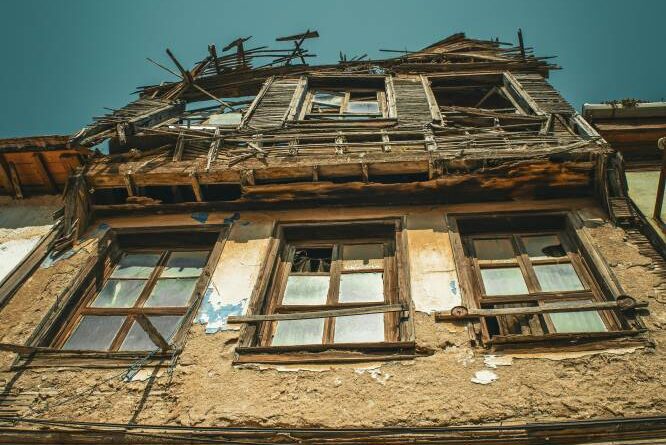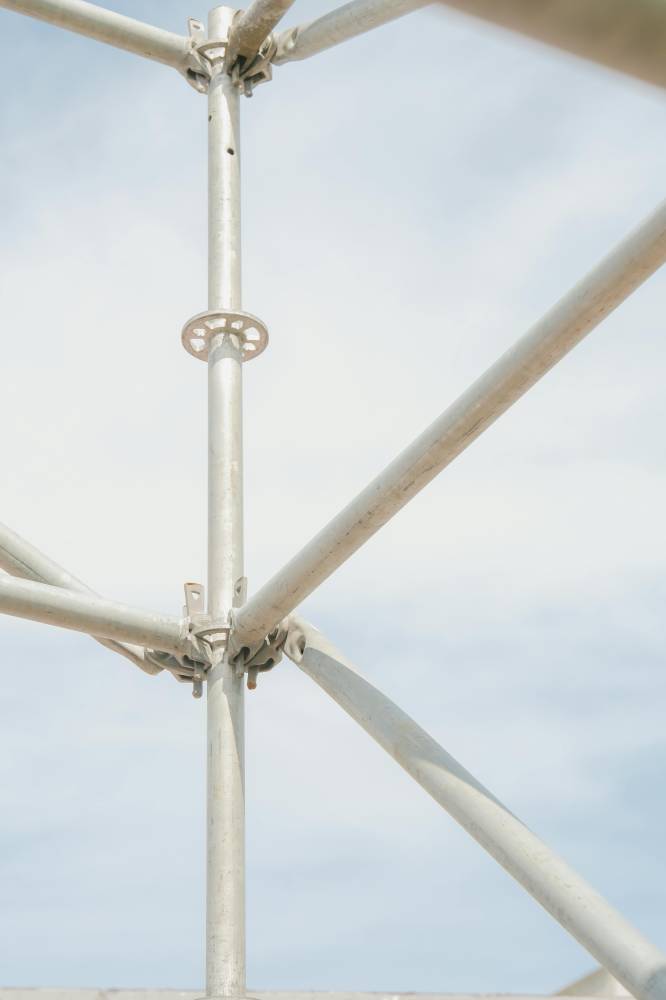Strengthening your home against earthquakes

Are you afraid of earthquakes?
Given the recent string of ground tremors felt across the country, it is wise to be prepared, especially for the “Big One.”
Preparation, however, should go beyond emergency kits and earthquake drills. To ensure your safety, you should check if your home is strong enough to withstand ground movement. If it is not, you need to make the necessary repairs or plans to avoid structural collapse.
Here are some tips on how you can check the structural integrity of your home and strengthen it post-construction.
Look for cracks on walls and floors
Check the structural condition of your home through visual inspection. Look for any long and continuous cracks on the walls or the floor.
Hairline cracks or those less than 5 mm in length aren’t an immediate source of alarm, as they are usually caused by normal ground settling, temperature changes or plaster drying up. Anything longer, however, requires constant monitoring and professional advice.
As a general rule of thumb, vertical cracks are not too dangerous, but those that run horizontally or diagonally indicate something serious.
There are so many factors that can be influencing your house’s structural integrity—underlying tree roots, poor quality, temperature changes. All these factors need to be considered in strengthening your home.

Check for fixture movements
Besides crack lines, the movement of other fixed items inside your home can indicate an underlying structural issue. Uneven windows, crooked doors, and ripped wallpaper may also be signs that the strength of your house is compromised.
Before having these elements repaired, document them and consult a structural engineer to determine the best way you can repair the damages.
Consult a structural engineer
Request a site visit from a structural engineer to confirm any findings. There are various reasons why your home might be moving.
A professional will be able to determine the primary cause and make recommended solutions. This will help you save money and more importantly, stay safe in any event.
If your home requires strengthening, possible remedies include shoring, carbon fiber straps, steel beam bracing and wall plate anchors. These methods need to be carried out by skilled workers and facilitated by your engineer.

Fix your drainage system
Another possible, less obvious culprit for house cracks may be your home’s drainage system. If your drain lines are leaking, especially underneath your foundations, these may cause soil movement that can consequently affect your house’s integrity.
Considering that we frequently experience rain storms here in the Philippines, address any drainage problems as soon as possible to prevent further damage.

Secure fixtures and furniture
Lastly, make sure that items inside your home are well secured.
In the event of an earthquake, chandeliers, ceiling fans and other fixed items may fall on you. Keep away from these elements in the event of an earthquake.
Heavy furniture such as wardrobe cabinets and storage vaults also need to be anchored to prevent them from falling down. Narrow, wall-hung cabinets, in particular, require support to prevent them from falling on little kids.
As much as possible, all heavy furniture should be immovable during times of earthquake.
Preparation is the key
Earthquakes may surprise us when they come, but you will always be ready for them if you make the necessary precautions today.
Remember that your home is only as safe as you make it. A few steps toward strengthening your home can save your life in the event of a great disaster. Earthquake-proof your home today.
Sources: Mustafa Kalkan, cami, Milo Deckert and Max Vakhtbovycn via pexels.com
A Filipino architect who has a Master's Degree in Interior Design of Commercial Spaces from IED Barcelona, Spain and with twelve years' worth of experience under the tutelage of Filipino architectural firms.

















